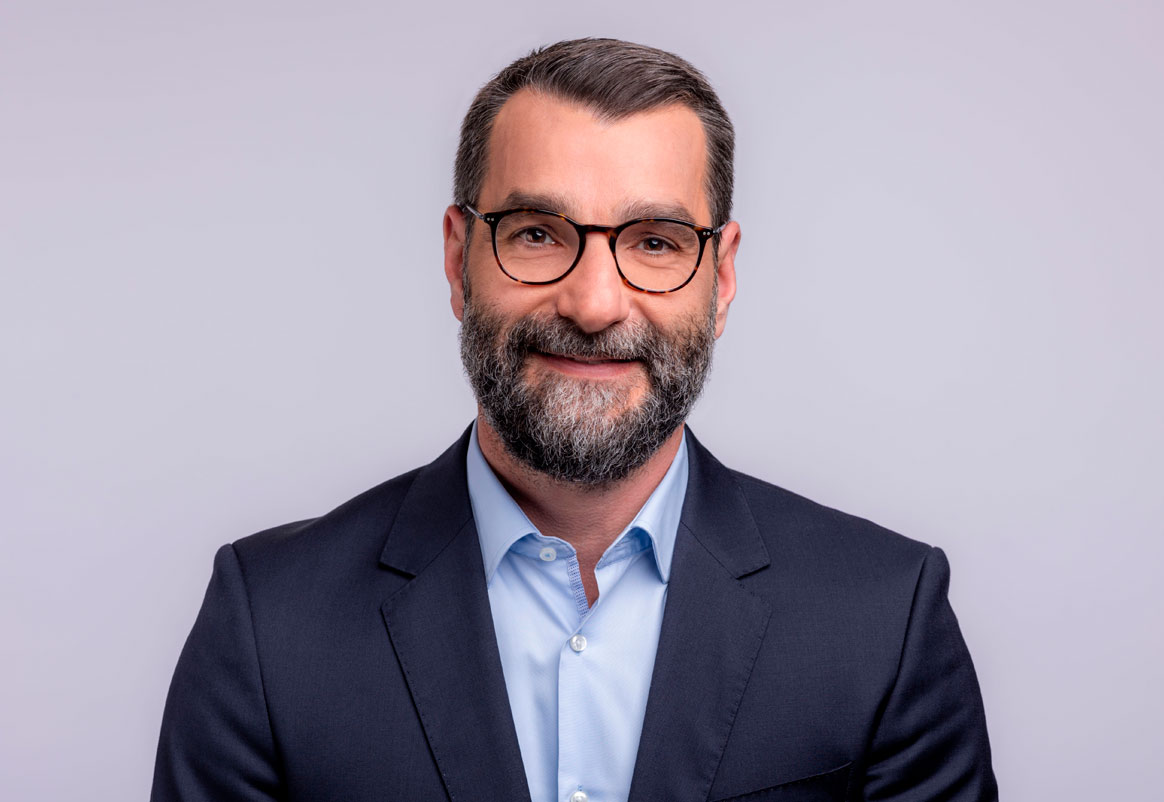Christos Dimopoulos, Co-President, Agribusiness, Bunge
With the UN projecting the world’s population to reach nearly 10 billion by 2050, sustainably feeding an increasing number of people is the priority of all participants in the global food supply chain.
As the world’s leader in oilseed processing, and a leading originator and handler of oilseeds and grains, Bunge plays an important role in connecting farmers to consumers to deliver essential food, feed, and fuel to the world.
Linking the food supply chain has become increasingly challenging in recent years. Extreme weather, the pandemic, and geopolitical events – particularly in key producing regions – have shifted supplies and disrupted usual trade routes. As a result, companies have had to explore alternative flows, distribution, and logistics to help ensure the world has access to the food it needs.
Wheat is one of the most widely cultivated cereals in the world and helps feed billions of people each day. Traditionally, a large proportion of the wheat is purchased in Ukraine, Europe, the US, Canada, Argentina, and Australia. The war in Ukraine suddenly disrupted the orderly supply of wheat to the world market. Bunge’s global reach and more than 200 years of experience helped us react quickly and adapt supply chains to continue to serve our customers. Our planned combination with Viterra should further enhance our ability to provide more solutions and alternatives to deliver food more efficiently from where it is grown to where it is needed.
In addition to access and affordability, food security also means a production system that is sustainable and safe. Addressing food security sustainably requires multilateral global action and sustainability must become the industry’s north star. It is key to decarbonize the value chains, from origin to destination, throughout the production process, transportation, and distribution. We must continue to invest in clean energy sources and partner with farmers to implement regenerative agriculture practices, including developing cover crops and smart farming solutions, and fight against deforestation.
The industry must also have the right market conditions to enable the flexibility and resilience to quickly respond to disruptions. Free and open markets are needed to best address dislocations, governments and regulators play a crucial role in contributing to an open trade environment. Protectionism may help a country in the short term, but distorting the market can send signals that have a long-term impact on supply and demand. It can undermine the development of sustainable, affordable supply in the regions that have the best-suited geography and ecosystems.
The industry takes pride in its contributions and is committed to increasing productivity levels sustainably. Companies like Bunge will continue to work at both ends of the value chain – farmer and end consumers – to provide food, feed and fuel safely and efficiently.
